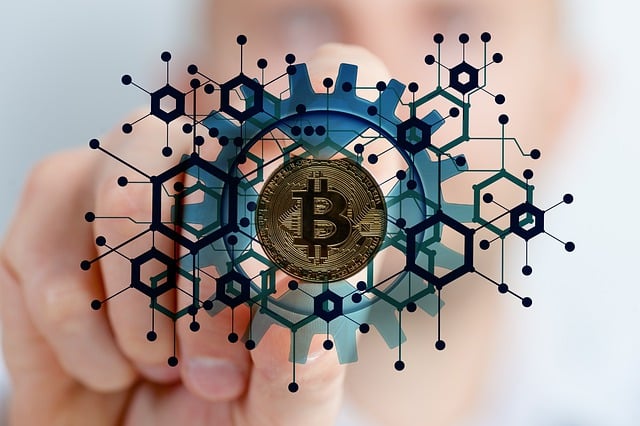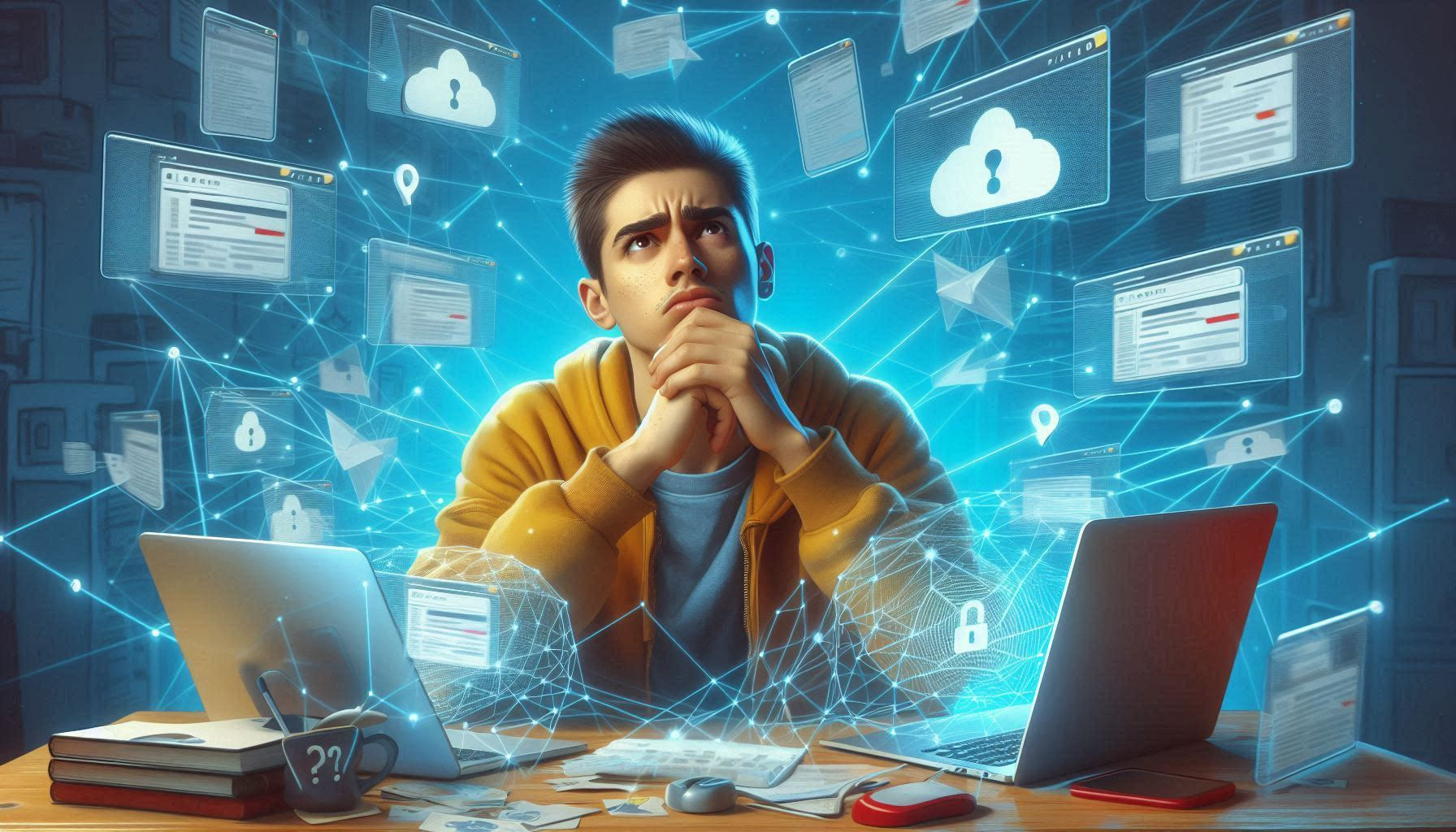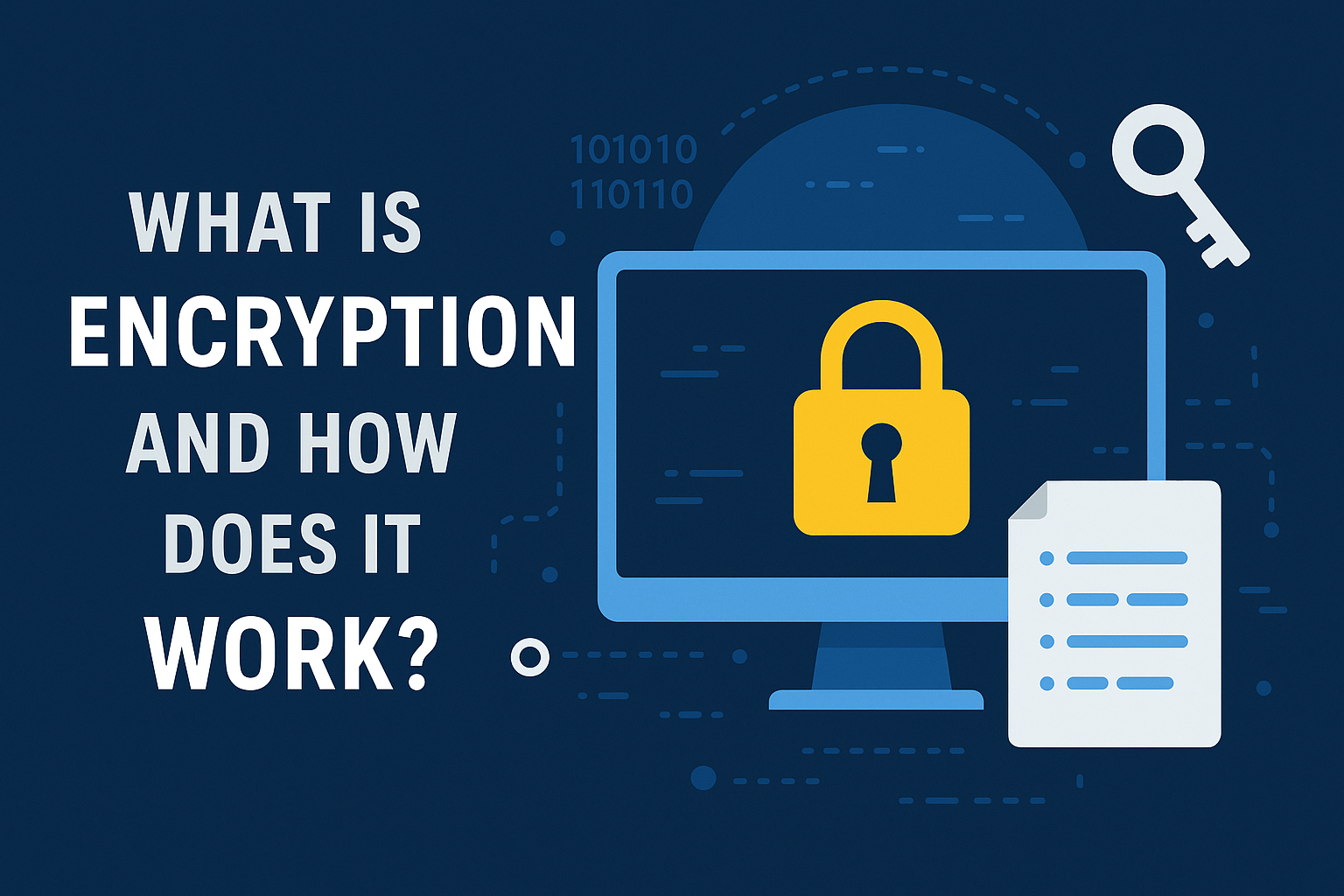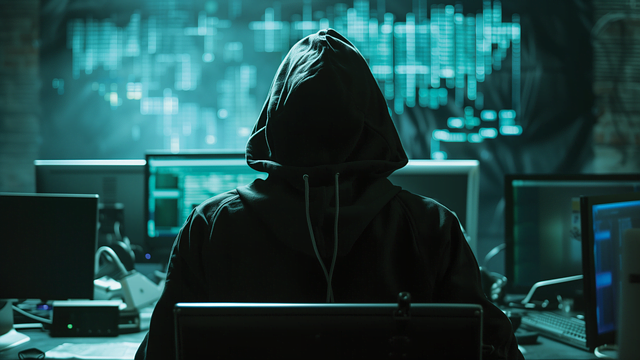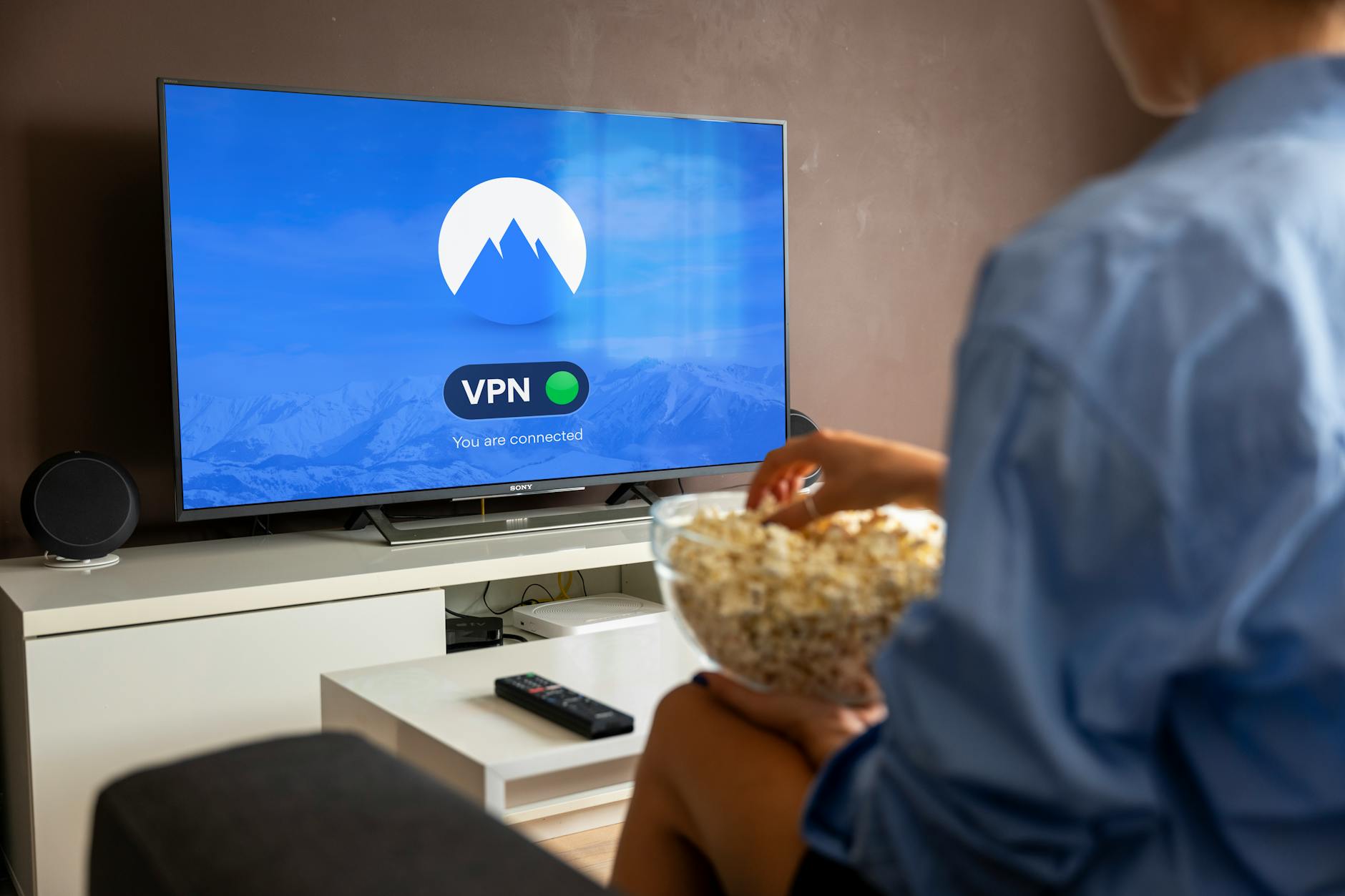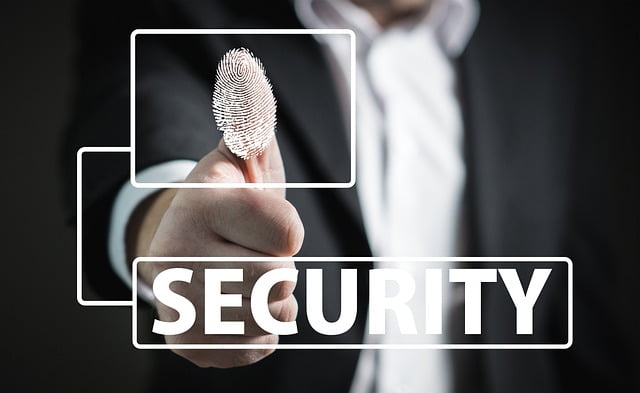If You’re Online, You’re Exposed – Here’s What to Do
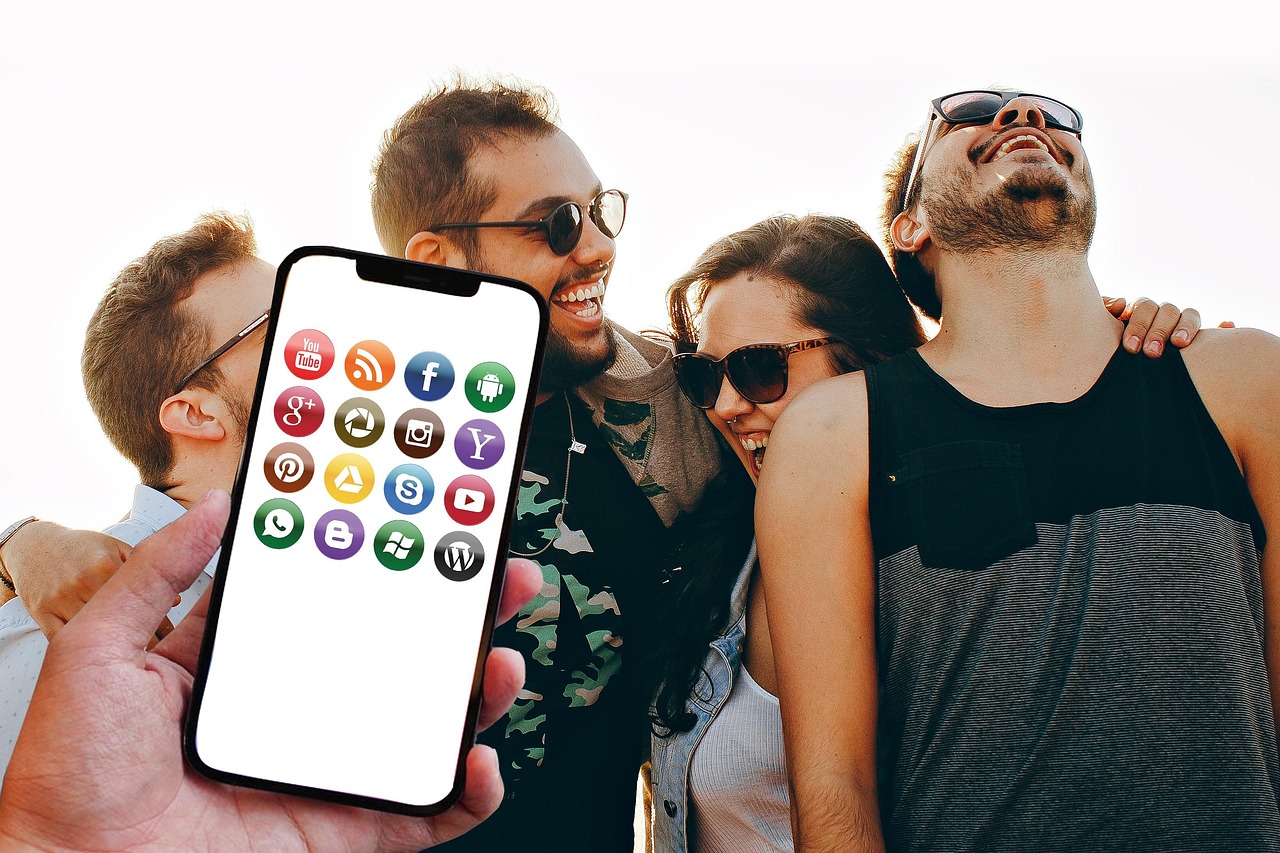
The Digital World Is Not As Private As You Think
You lock your doors at night. You don’t share your ATM PIN. Your actual safety status in relation to your online experience remains uncertain.
Your current act of reading implies you have been exposed. Your activities across browsers, social platforms, search tools and application downloads throughout the previous months have left digital marks throughout the internet.
And guess what? Hackers, advertisers, and even governments are watching.
So what can you do? You can either ignore it… or take control.
How You’re Being Watched Every Day (Without Even Knowing It)
Let’s start with some cold, hard truth. Here’s how your online activity is constantly being tracked:
- Cookies & Trackers: Websites silently drop cookies in your browser to monitor your behavior.
- Free Apps: They’re not really free – they collect and sell your data.
- Social Media: Likes, comments, location tags – all create a profile that advertisers (and worse) can exploit.
- Your IP Address: Reveals your location and browsing habits.
- Public Wi-Fi: A hacker’s playground. Every unencrypted connection can be intercepted.
You’re not paranoid – the internet really is watching you.
Real-Life Cases: When Online Exposure Turned Into a Nightmare
Cybercrime isn’t a myth. Here are a few examples that hit close to home:
- Sarah, 27, used public Wi-Fi at a coffee shop. Within days, her email and PayPal were hacked.
- Jay, 34, downloaded a fake antivirus app. It quietly stole his photos, messages, and bank login.
- Nina, 19, shared a story on Instagram. A stalker used metadata to find her real location.
These aren’t exceptions – they’re everyday stories.
5 Signs You’re Already Exposed Online
How do you know if your digital privacy is compromised? Watch out for these:
- Spam or phishing emails that seem oddly personalized.
- Your accounts get locked out or show login attempts from unknown locations.
- You see ads about something you only talked about, not searched.
- Friends report getting weird messages from your profile.
- You feel your device is slower, hotter, or glitchy – possibly infected.
How to Lock Down Your Digital Life (Step-by-Step)
Now that we know the threats, let’s secure your digital life. Here’s what you need to do — today:
✅ 1. Use a Trusted VPN
- Encrypts your internet traffic.
- Hides your IP and location.
- Shields you on public Wi-Fi.
Best pick? Try a premium, no-log VPN (like the ones we recommend on this site 😉).
✅ 2. Enable 2-Factor Authentication
- Even if someone steals your password, they can’t log in without your phone or email.
✅ 3. Use a Password Manager
- Stop using “123456” or “password.”
- Use unique, strong passwords for every site.
✅ 4. Install a Real Antivirus (Not Free Junk)
- Protects against spyware, ransomware, and keyloggers.
✅ 5. Be Smart on Social Media
- Don’t overshare.
- Disable location tagging.
- Keep accounts private when possible.
Bonus: Tools Every Privacy-Conscious User Should Have
Here’s your digital privacy toolkit:
| Tool | Purpose | Our Suggestion |
|---|---|---|
| VPN | Encrypts traffic | NordVPN, ExpressVPN, Surfshark |
| Password Manager | Stores strong passwords | 1Password, Bitwarden |
| Secure Browser | Blocks ads & trackers | Brave, Firefox with uBlock Origin |
| Antivirus | Stops malware | Bitdefender, Norton 360 |
| Encrypted Email | Private email | ProtonMail, Tutanota |
The Bottom Line: Online Privacy Is a Right, Not a Luxury
People need to understand they cannot avoid using the internet. We can prevent ourselves from being careless while using digital technology.
The protection of your online privacy functions similarly to a seat belt through daily inactivity until you need it. Most days, nothing happens. Protection will prove its value to you when it finally becomes necessary.
So take the steps. Lock down your digital life. Stay private. Stay safe.
Because if you’re online, you’re exposed. But now you know what to do.
FAQs
How do I know if I’m being tracked?
Look for spam emails or unusual account activity.
What’s the easiest way to stay safe online?
Use a VPN and strong, unique passwords.
Is public Wi-Fi safe?
No, it’s risky. Always use a VPN.
Are free VPNs safe?
Free VPNs may sell your data. Paid ones offer better privacy.
Loading newsletter form...

